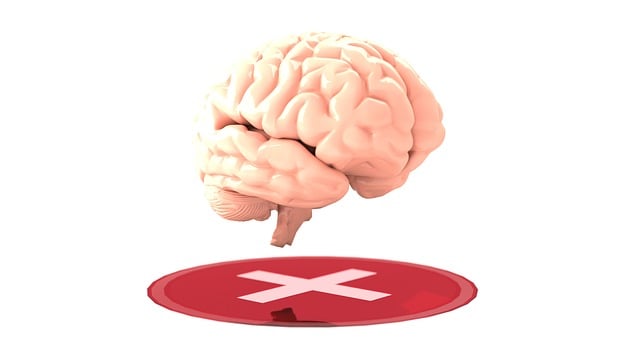Therapy for adults with bipolar disorder requires a multifaceted approach addressing individual vulnerabilities, environmental factors, and institutional support systems through comprehensive risk assessment. Specialized techniques like CBT and IPSRT, coupled with mental wellness coaching and stress management workshops, aim to stabilize moods and improve coping mechanisms. Effective risk mitigation involves structured routines, medication management, regular monitoring, Social Skills Training, and stigma reduction efforts, all vital for enhancing client well-being and outcomes in the treatment of bipolar disorder.
Mental health professionals strive to provide healing, yet they also face unique risks. This article navigates the crucial topic of risk assessment, offering a comprehensive guide for clinicians. We explore identifying and mitigating perils specific to therapy with adults bipolar disorder. Through special considerations and strategic management, mental health practitioners can enhance patient safety while delivering effective care in clinical settings. Discover essential insights into protecting both professionals and clients.
- Identifying Risks in Mental Health Practice: A Comprehensive Approach
- Special Considerations for Therapy with Bipolar Adults
- Strategies for Mitigating and Managing Risks in Clinical Settings
Identifying Risks in Mental Health Practice: A Comprehensive Approach

Identifying risks is a cornerstone of effective mental health practice. In the therapeutic setting, professionals must be adept at recognizing not only the inherent vulnerabilities of clients presenting with conditions like bipolar disorder and depression but also the potential hazards inherent in the therapy process itself. A comprehensive risk assessment goes beyond simply identifying individual-level risks to encompass environmental and institutional factors that could impact client safety and well-being during and after therapy, including access to support services, medication management, and disaster preparedness plans.
Mental health professionals play a crucial role in fostering mental wellness coaching programs development by proactively assessing and mitigating these multifaceted risks. By integrating Mental Health Policy Analysis and Advocacy into their practice, therapists can promote systemic changes that enhance client outcomes and reduce disparities in access to quality care. This holistic approach ensures not only the safety of adults seeking therapy for bipolar disorder or depression but also contributes to a more robust and equitable mental health landscape.
Special Considerations for Therapy with Bipolar Adults

Therapy for adults with bipolar disorder presents unique challenges and requires specialized considerations. These individuals often struggle with severe mood swings, which can significantly impact their daily functioning and relationships. Mental health professionals must be adept at recognizing and managing these fluctuations to provide effective therapy. A tailored approach is essential, focusing on stabilizing mood and improving coping mechanisms.
Specialized therapy models, such as cognitive-behavioral therapy (CBT) and interpersonal and social rhythm therapy (IPSRT), have proven beneficial. CBT helps individuals identify and change negative thought patterns and behaviors, while IPSRT emphasizes the importance of maintaining a structured daily routine to regulate mood. Additionally, mental wellness coaching programs and stress management workshops can be valuable tools for enhancing self-esteem and providing coping strategies tailored to bipolar disorder.
Strategies for Mitigating and Managing Risks in Clinical Settings

In clinical settings, effectively managing risks is paramount to ensure the well-being of mental health professionals and their clients. One key strategy involves implementing robust safety plans tailored to individual patient needs, particularly for those with severe conditions like bipolar disorder. Therapy for adults with bipolar disorder often incorporates structured routines, medication management, and regular monitoring to stabilize moods and mitigate impulsive behaviors that could pose risks.
Additionally, organizations can foster a supportive environment through Social Skills Training and Stress Management Workshops. By equipping professionals with tools to handle challenging situations calmly and effectively, these workshops enhance their ability to manage risk. Moreover, Mental Illness Stigma Reduction Efforts play a crucial role in creating an inclusive atmosphere where professionals feel safe to discuss risks openly, further strengthening the overall risk management strategy within clinical settings.
Mental health professionals play a vital role in supporting individuals struggling with bipolar disorder, but they also face unique risks. By identifying potential hazards through comprehensive risk assessment, therapists can implement tailored strategies to mitigate these risks and enhance patient safety. Special considerations for treating adults with bipolar disorder are essential, focusing on personalized care and evidence-based practices. Through proactive navigation of these risks, mental health professionals can foster a supportive environment, improve treatment outcomes, and ensure the well-being of both clients and practitioners in providing effective therapy for adults with bipolar disorder.














